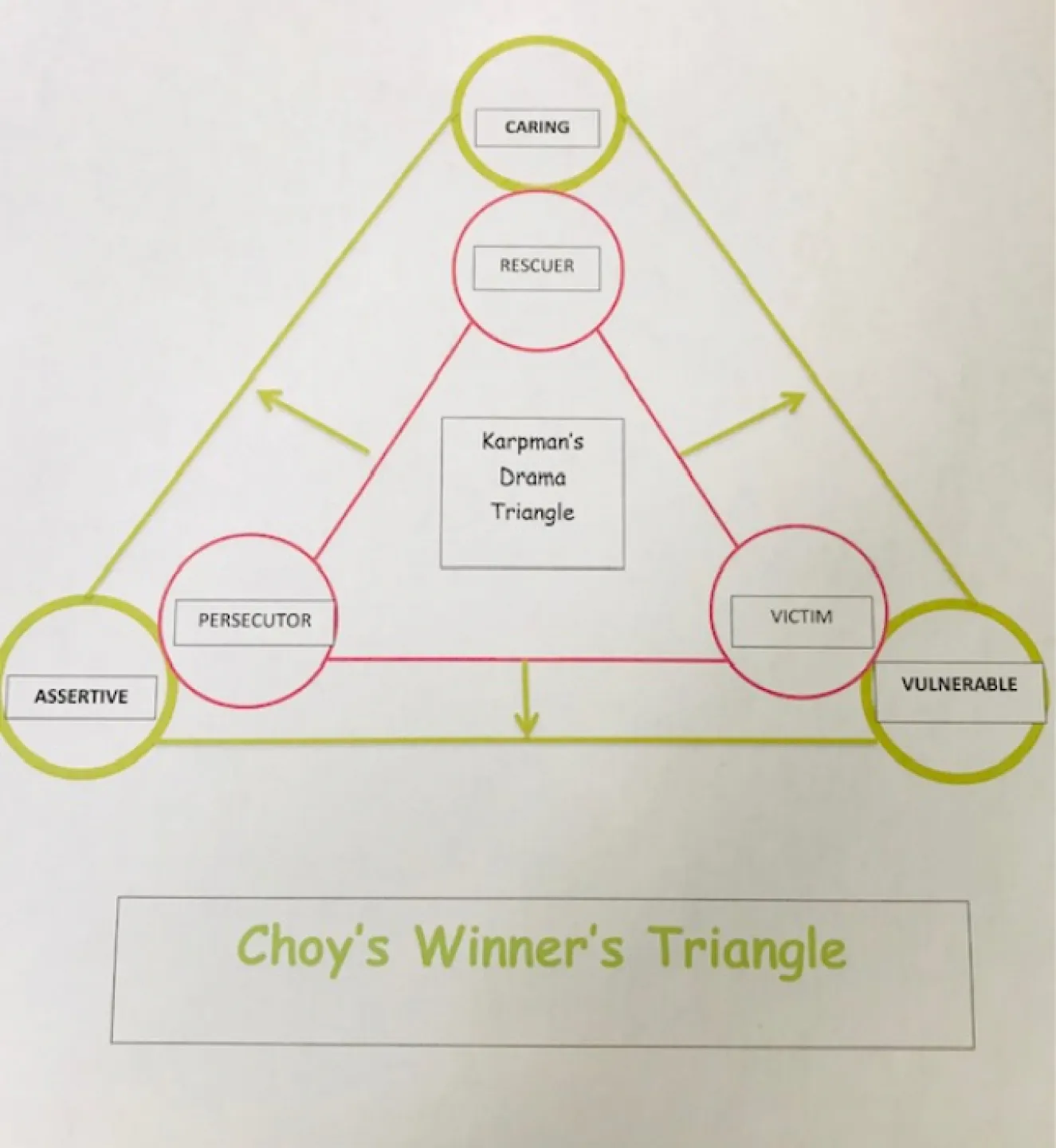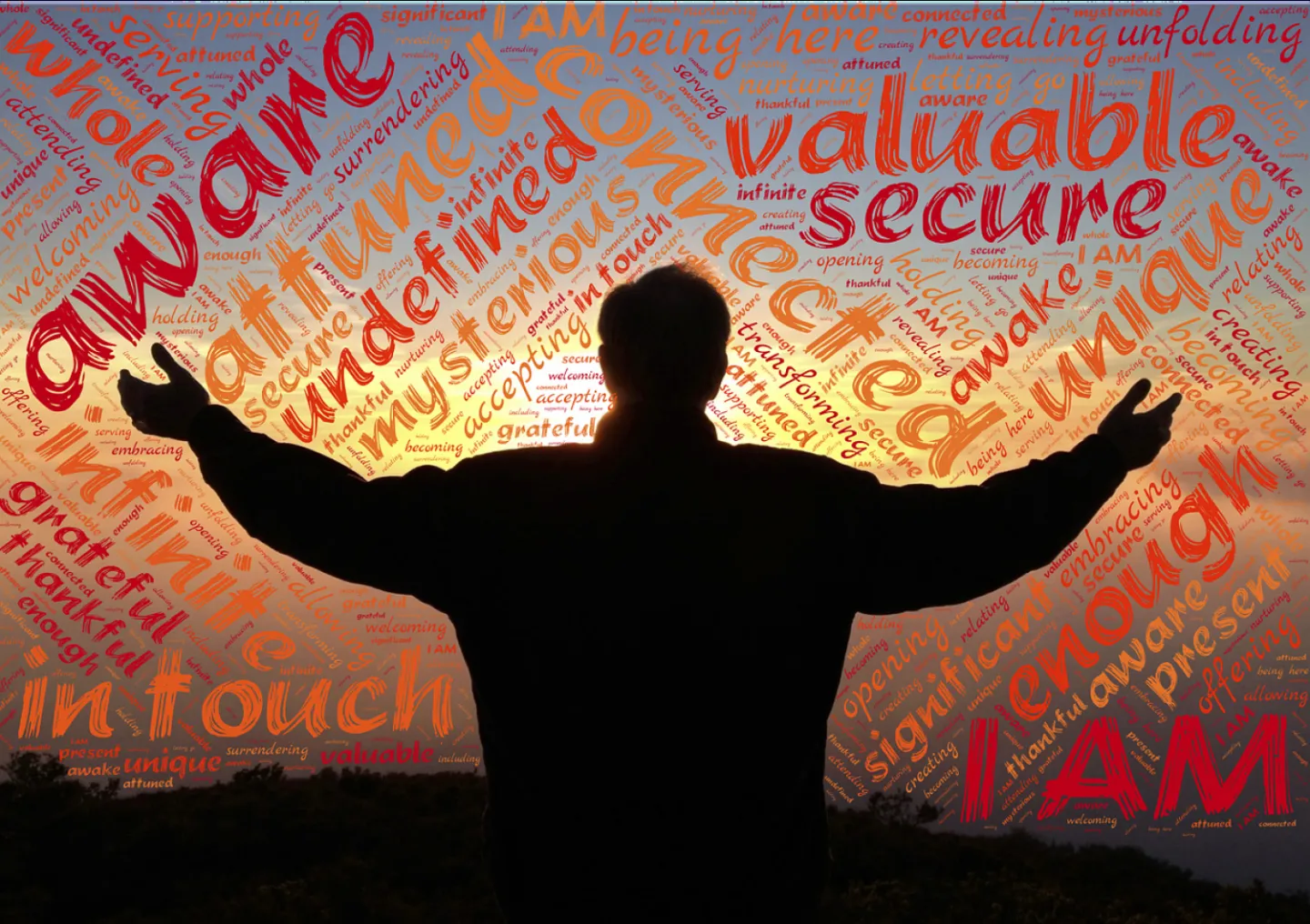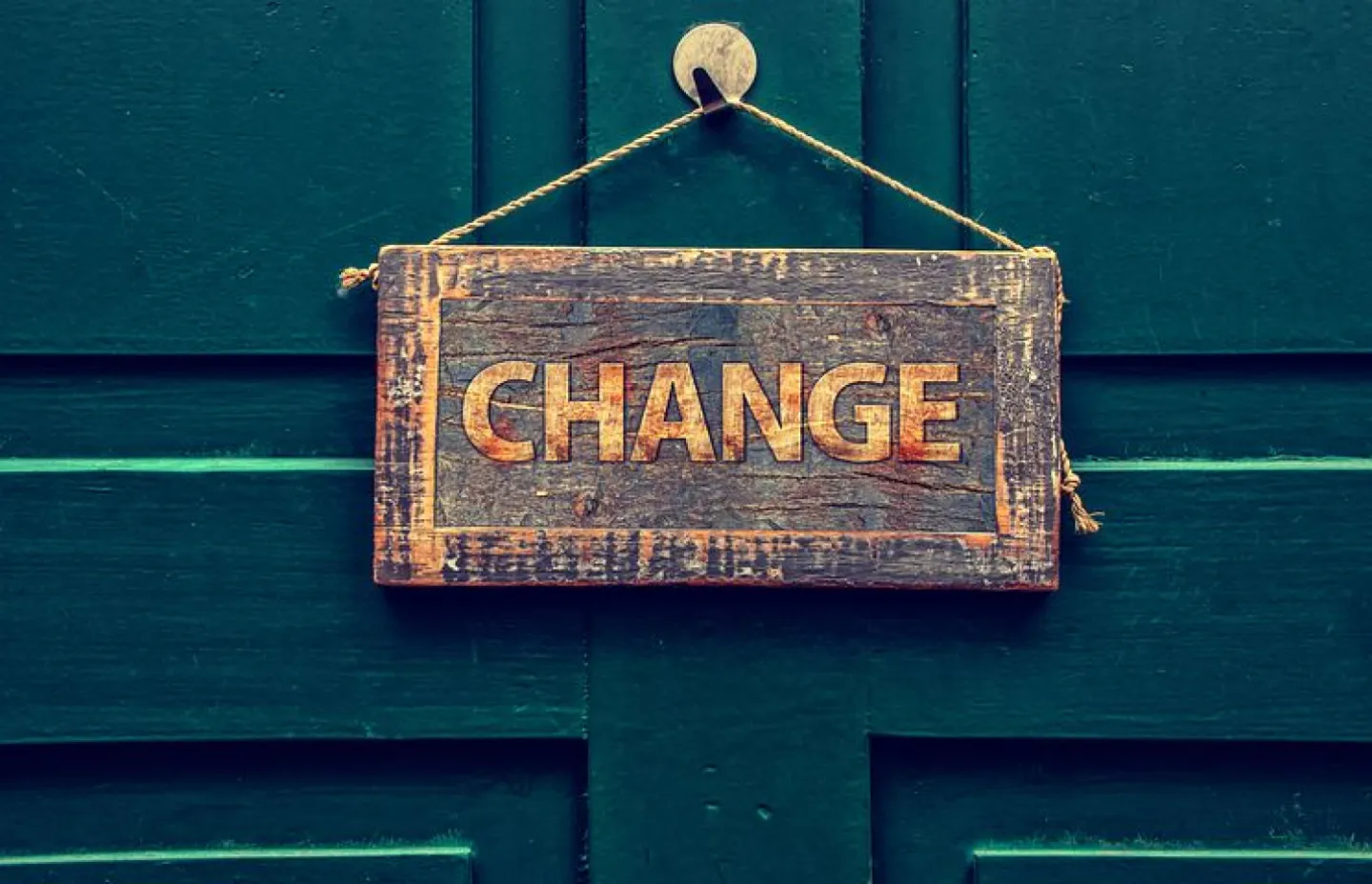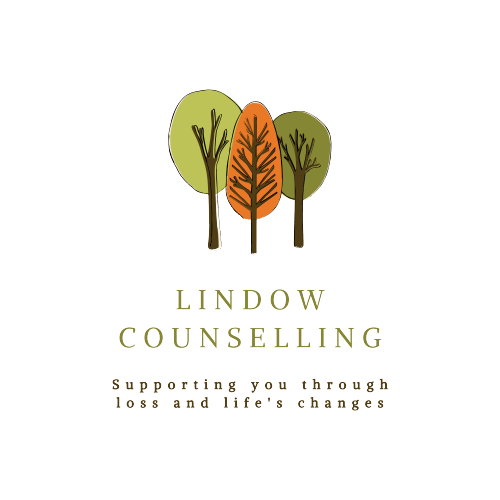Codependent relationships

Codependency is complicated and linked to your earlier life. If you have somehow lost a sense of yourself and you have a strong urge to rescue others, you may find yourself in a codependent relationship.
A codependent relationship is where you may have been suppressing your needs in favour of focusing on the needs of a loved one, where you are constantly preoccupied with what they are doing and often it is at your expense. Also, it's relatively common in codependency for your loved one to have problems with alcohol or substances in their daily life.
Your loved one may be struggling to healthily manage their life. They may show risk taking behaviours, may appear not to want to listen to you – accusing you of nagging. The more they appear to lead an unhealthy life, the more drawn you are to caring for them and helping them to change.
This codependent relationship can become very unhealthy for both of you. In effect you are focusing so much on them and their needs you are forgetting your own.
They can feel overwhelmed by your obsession of them and you in turn can feel rejected and hurt because all you want to do is show them how much you love them and want to help them.
This can lead to toxicity and a blame culture with each of you blaming the other. You have become the carer and giver of emotional support whilst your partner becomes the dominant focus in the home, their needs always coming first, usually ahead of any children you may have.

The Karpman drama triangle is a good way to consider this. There are 3 roles in relationship that you play, those of rescuer, victim and perpetrator, where you can play one of the roles at a time.
If your partner has an alcohol dependency and isn't looking after themselves you may feel in victim. You didn't deserve this, you've always tried your best and you don't deserve to have alcohol favoured over you.
Unfortunately, in a codependent relationship though, you feel you can solve the problem. You can be really upset about the situation and plead with them to change, showing your distress. You can share your distress at the situation, hoping they will change and stop drinking. You are in victim.
That hasn't worked! So what do you do?
You can do everything possible to get help. You can contact AA on their behalf, you can remove all alcohol from home, you organise their day so there isn't time for drinking – hoping to distract them. It's exhausting, you become obsessed with monitoring them to keep them away from drink. You are in rescue, believing you can be their saviour, hoping for it to end.
But it hasn't worked. They've gone out and managed to get drunk.
You're at your wits end. You've had ENOUGH!
You're exhaused, sad and very angry. How dare they do this to you. You've given them your all. You let them know. You shout at them, swear at them, slam doors, stomp about. You then ignore them, giving them uncomfortable stares. You are in perpetrator.
None of your approaches has worked and you are feeling helpless and may return back to victim mode, in your exhausted state. You are totally at a loss.
Whilst you're trying all these strategies, so are they as they are in the drama triangle with you!
When you're in victim, they might be in perpetrator saying how annoying your nagging is, you're at fault, you bring the atmosphere down. It's all your fault, if you didn't nag they wouldn't drink.
They might move into rescue when you're in perpetrator mode. They may feel the relationship is under threat. You're more assertive now and they may feel they need to please you – buying you things, promising to change, trying to keep you.
But then when you're in rescue mode, they don't actually want to change (maybe through fear or simply not knowing how to) and the easiest way to deal with you is to show they feel bullied by you and they go into victim mode.
'Leave me alone', 'I'll change when I'm ready', 'You're always having a go at me...'

If you've reached this point, I'm assuming this resonates with you. Here are some common factors in a codependent relationship:
Things happening in and around a codependent home
- Things look perfect to the outside world. It's very important to give the illusion of everything being harmonious
- Secrecy. Problems are never discussed with people outside the immediate family. Help isn't sought or accepted from friends/other family members/external agencies
- Rupture and repair is an alien concept! Disagreements are not revisited to work through. Disagreements are like 'dirty secrets' later denied, minimised and generally ignored
- Young children who honestly observe what is happening and mention it are shamed or punished. They have to learn to 'play the secrecy game' pretending everything is fine
- The home is chaotic. It can feel like you are 'walking on eggshells', never knowing what reception you will get. It all depends of the emotional state and mood of the dominant person in the relationship. This mood can change swiftly and everyone else has to adapt immediately
- There are often unsupportive parents/siblings around this family as this home will often be mirroring what is happening in their homes – generational patterns continue through family lines
- Because of the failure to revisit difficulties, there is often manipulative behaviour in the home, ensuring everyone knows their place and that the children fit into this pattern of codependency
Signs of a codependent person
- Low self-esteem. Feeling bad about themselves and looking for validation from others they're in relationship with
- Untrusting of others. Won't share concerns with others for fear of being judged
- Strong fear of being abandoned
- Desperate to feel needed
- Need a sense of control
- Feeling things aren't right, stuck in denial, constantly looking for any good in the current situation (It's not that bad really because......)
- Decision making is so difficult, often delayed for when things get really bad...
- Always hoping their love and care will change the other person for the better
- Scared to communicate for fear of upsetting the other person
- Hypervigilance. Constantly feel like you are 'treading on eggshells', not wanting to 'cause' the other person to get upset or to return to risk taking behaviour
- Communicating expectations or what's unacceptable. This is limited because of the fear of rejection by the other person.
You may recognise yourself from the above points. No blame is needed here, instead self-compassion is the key. Here are 6 points in helping you to move forward from a codependent relationship.

Here are 6 points to help you to look after yourself.
- Step 1. The first step is being honest with yourself
Things aren't feeling healthy for anyone in your home. Something is missing and you feel unfulfilled. This constant giving to the person you love isn't working. They're not changing for the better. Tune in to your thoughts, feelings and physical symptoms right now, ask yourself 'Is this how I want to continue in my life?'
Only you will know the true answer. If you feel you need change, you will need to be the vehicle of change in your life, you will need to drive this.
- Step 2. Boundaries are needed
This is familiar with children, we all understand the concept of rules/limits when parenting in order to keep a child safe. We hold their hand when crossing the road, we might limit the amount of sugar in their diet so as not to ruin their teeth... Safe limits are needed in life.
What is making you feel unhappy? What do you feel needs to change?
You cannot change another person, you can only change yourself. By changing yourself and how you relate to others, you may influence how others relate to you. Consistency is important though as you will need to stick at change to make it work. Instilling boundaries is a way you communicate change to others in saying that is unacceptable for me.
Communicating and saying no to inappropriate behaviours is a powerful catalyst to change in your life.
- Step 3. It's healthy to accept help from friends and family
People who care about you will want to offer help. By rejecting their help you can also reject the part of relationship they want to give to you in showing they care. You can feel empowered by leading and telling them what will help you at this time.
As a rescuer to your partner, consider the feeling you get by giving to your partner, how it makes you feel. If you totally reject your loved ones you can be denying them that feeling of connection and care.
Allowing people who love you to support you can be a way of giving to them. It's incredibly strong to enable those who love you to support you as long as you have a voice in what you actually need.
Help is where the person being helped can lead, they communicate their need and the support is appropriate to that need. Rescue is where another person determines what is required for you and the help offered may be a total mismatch to your actual need. Rescue can be more controlling.

- Step 4. Say no to those who take from you or manipulate you
You will not be rejected by those who love you when you say no to them. The opposite often occurs, you become more respected and have a voice and you can suggest alternative courses of action. 'No' or 'I disagree' can communicate you valuing yourself and your needs and opinions.
When you constantly say yes to others you are actually saying no to yourself. By saying no to you, you're subconsciously telling yourself and others that your needs are not important or worse still that your needs are non existent.
You can then feel taken for granted when often it is your lack of valuing yourself which can allow that to happen. Only you can change this, by valuing yourself. Show others you value you, you have an indentity, a purpose, things that you enjoy – all the things we needs for a healthy sense of who we are.
You can say yes to you. You deserve this.
- Step 5. Enable others you love to develop their own sense of self
It can feel suffocating for someone to have a loved one do everything for them. They can feel disempowered, useless and as though they know nothing.
For the rescuer, you can feel you are proving your love to the person.
For the person receiving it can be easier to acquiesce and go along with it, but then they're not developing any resilience for themselves!
'Roots and wings' the old saying is useful here.
Safe foundations are essential, young people can tentatively explore the world of decision making, make mistakes, not be judged and learn from their mistakes and poor choices. Personal growth can take place.
If you don't allow your loved ones to make mistakes, you stay in this role of expectation and they stay in the role of helplessness.
Pulling back gently can help someone you love to grow and gain independence. Being alongside them in their need for help will help them in developing rather than you taking the lead and preventing their growth.
Even when acting out of love, if you don't let mistakes happen, the next hierarchy in your family may be of your child seeking out another person in adulthood who will also rescue them, thus keeping them in victim mode throughout their life.
So, let's look at how you can recognise which of these points make sense for you....

- Step 6. Understanding you
We've explored what might be happening for you. Now is the time to compassionately accept yourself for who you are. You are fine being you, your needs are as important as everyone else's.
It doesn't matter how difficult or uncomfortable or how warm a feeling is, it's OK to feel it. No guilt or shame for your feelings, they simply arise because they are real to you.
- Label your feelings. Name them, put them in themes. 'I feel unimportant and I'm being taken for granted. I feel invisible. I feel everyone judges me but doesn't see the real me...'
- Journal your feelings, just for you. Link them to events. Consider their impact on you and how you think about things or how you behave in situations.
- Doodle or draw your feelings, thoughts, situations, behaviours. Review them a few days later – how do you feel now?
- Share your feelings with supportive friends/family who you trust to hear you. Ask them to listen to you and then try to listen to their feedback.
No judgement or denial or blame is needed here. Consider it to be an experiment, you being curious, an observer in your life. What is happening and what changes can you make to stop the things happening which are of no benefit to you?
Having a new view or awareness is such a powerful first step in you driving your life forward. The tallest tree grows from a small seed, that seed grows lasting change.
If you don't have people who you feel will understand you, you could seek the help of a qualified therapist who may specialise in relationship issues.
You are important and if you feel you need change in your life, change is possible as long as you lead that change. No-one can do this for you, but there are people who can help you in making this change.
Change is always scary, involving a mix of feelings and some loss of what you know. If you are committed to valuing yourself the possibilities are endless. If you stay in your safe discomfort, you may miss out on some of the exciting opportunities of self discovery which are possible. The problem is, you will never know.....
If you need further info about my counselling service or need further information, just email helena@lindowcounselling.co.uk and also take a look at my blog for other helpful advice.
